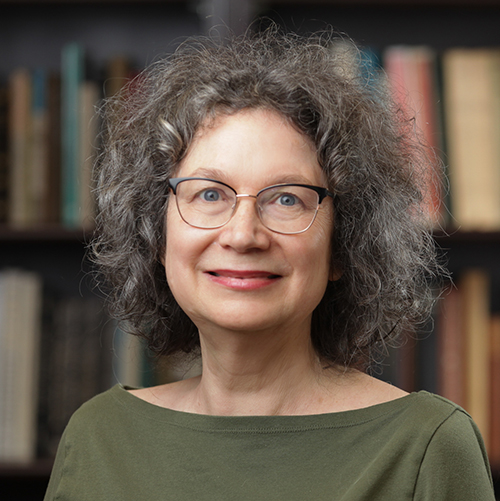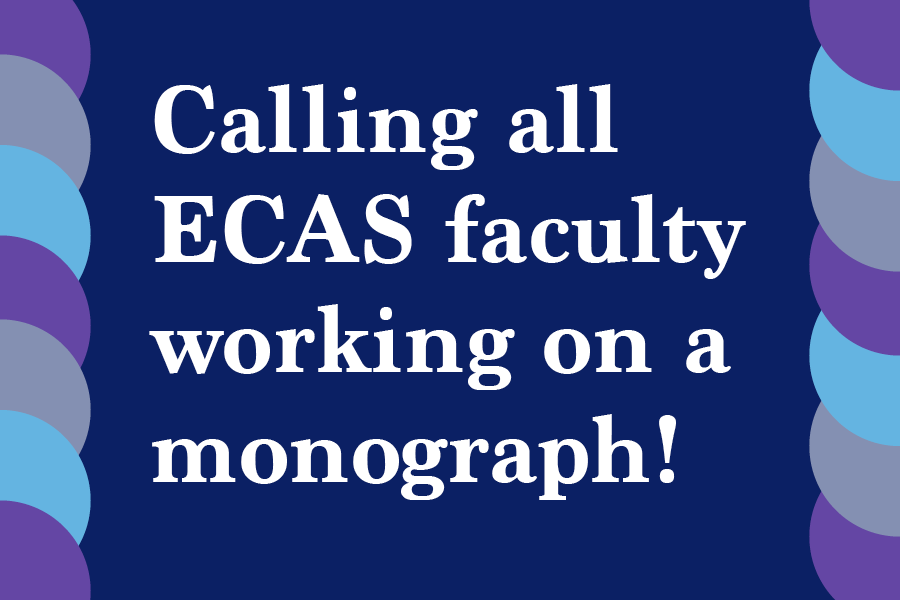Why Emory Authors Choose OA
Why publish open access?
Calvin Warren, Philosophy
Publishing Ontological Terror as open access seemed like a necessary and revolutionary idea. Fragments of my work are often shared via social media and other forums—there is a public interest in black nihilism. The question of black existence hits the contemporary moment with seismic force: black youth are dying at staggering rates, black infant mortality rates are abysmal, spiritual pulverization and emotional distress are more quotidian than exceptional. What is black life (and death) within this structure of continual obliteration? My students have asked for answers to this question, and they want to share these answers with their friends, family, and peers. But expensive texts often make knowledge accessible only to a privileged group. Open access publication allows me to reach beyond the walls of the academy and encourages my colleagues to assign the book in their classes.
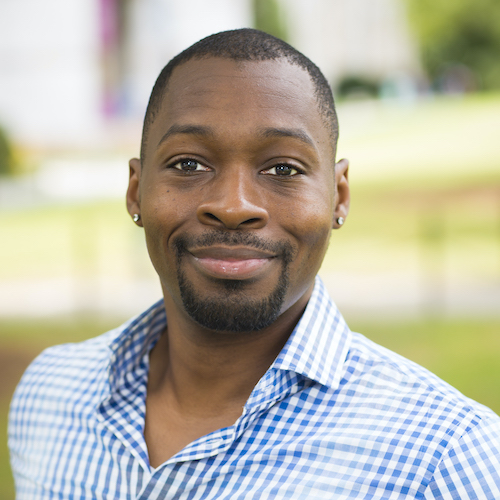
Mónica García Blizzard, Spanish and Portuguese
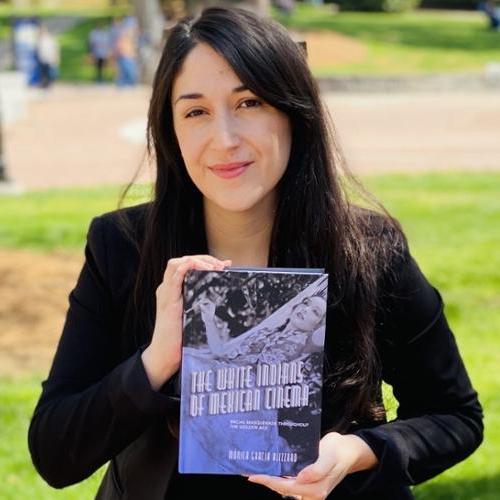
Jacob Wright, Candler School of Theology
One group of readers I wanted to reach are students from Emory-Coursera's “massive open online course” (MOOC) on the Bible. Located all over the world, many of these students do not have the means to purchase an expensive monograph, and some live in places where possessing a physical book, even an academic one, on Jewish history or the Hebrew Bible is dangerous. Moreover, for our students at Emory or our classes in the community, it is nice being able to send a link to a free book. Academics earn little (if any) money on the monographs they publish, and making our work available free of cost is real game changer. The day after the book was published, it was downloaded over 6,000 times — and then almost 25,000 times in the following months.

Elizabeth Wilson, Women's, Gender, and Sexuality Studies
Our goal in publishing A Silvan Tomkins Handbook open access is to make the book available to interdisciplinary, generalist, and international readerships. We anticipate that this book will be read and used not just by students and scholars in the humanities and social sciences, but also by clinicians who work in contemporary psychodynamic models of treatment where the recognition and interpretation of affect has become a central concern; empirical researchers in disciplines like psychology or sociology who want to return to Tomkins’s theory of affect; and performance and arts practitioners who are curious about how a theory of affect could inform their work. An open access edition of the Handbook is vital if it is to circulate across these disciplinary boundaries, beyond the confines of the academy, and outside the borders of US publishing. We have designed this book to be used.
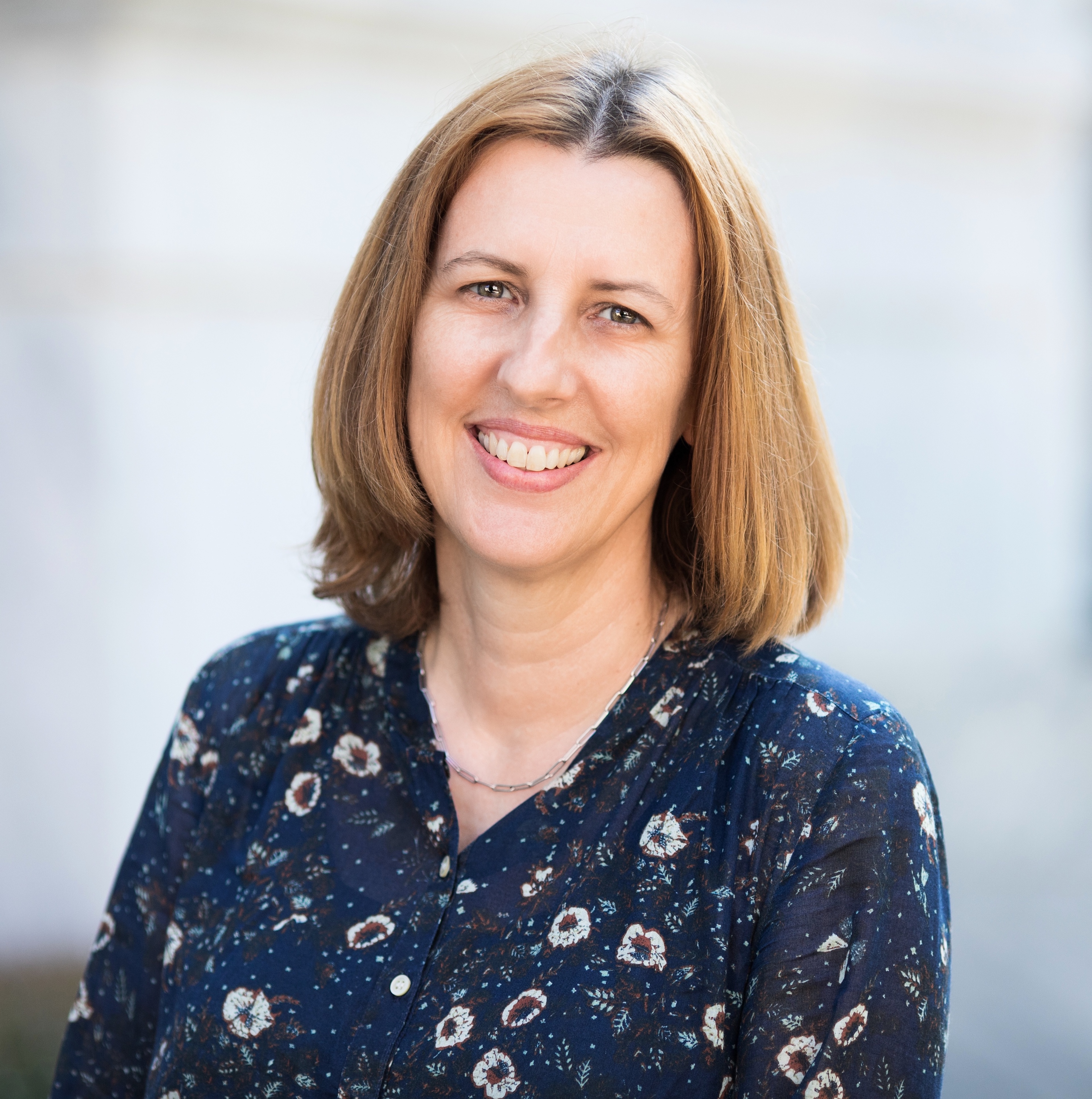
Rocío Zambrana, Philosophy
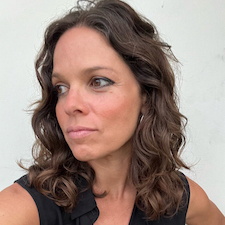
What are the benefits of open access?
Xochitl Marsilli-Vargas, Spanish and Portuguese
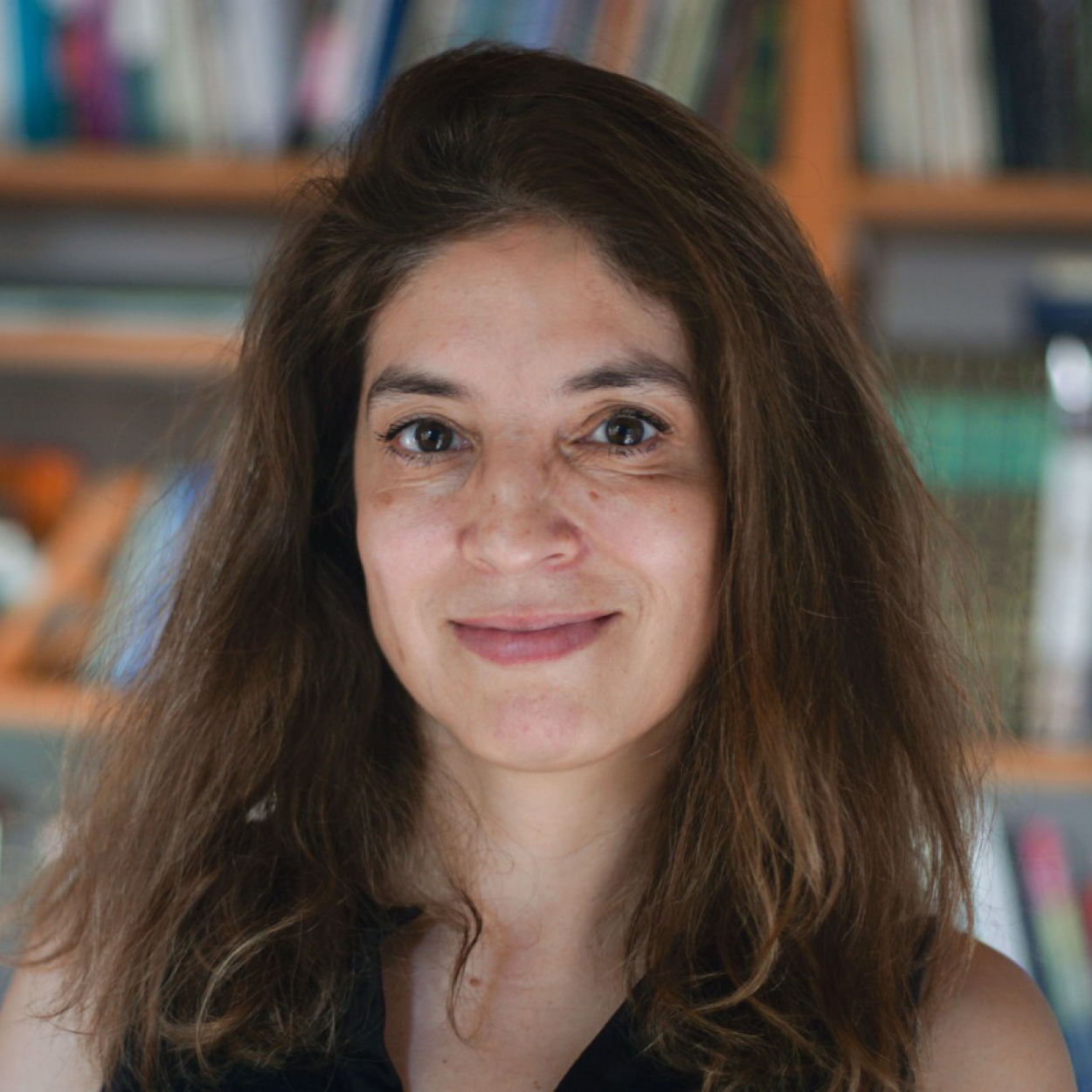
Christina Crawford, Art History
Spatial Revolution benefits from the open access publication model in three ways. First, the book reaches further geographically as a digital monograph, making it easily available to readers in Russia, Eastern Europe, and Eurasia, the region that this history covers. With one click, the book is on the screen of a scholarly colleague halfway around the world who would have difficulty accessing a printed version. Second, because architectural history is a field that relies heavily on visual materials to make scholarly arguments, the photographs, drawings, maps, and diagrams laced throughout Spatial Revolution are critical evidence inextricable from the text. Images in the open access version of the book are accompanied by alt-text, rendering the rich visual program legible for readers with visual impairments. Finally, we know that digitally accessible work travels more quickly and widely. I look forward to increasing curricular use of and scholarly feedback about Spatial Revolution because of its free availability.
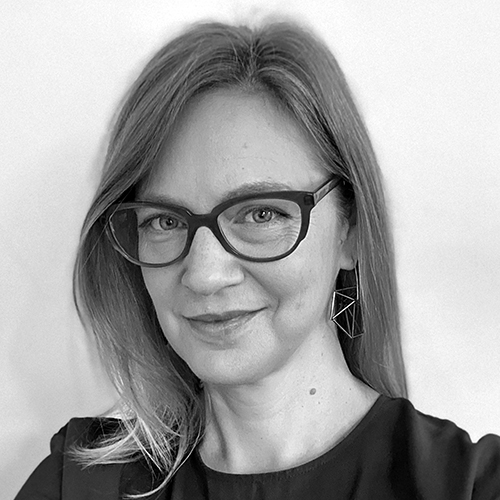
Deboleena Roy, Neuroscience and Behavioral Biology; and Women's, Gender and Sexuality Studies
Molecular Feminisms contributes to the field of feminist science and technology studies, which is committed to promoting digital scholarship and to making research publications and activities more accessible to both experts and non-experts. Open access publication extends the reach of this book to the natural sciences as well as the humanities and allows for the democratization of knowledge, which is an important goal for all feminist work.
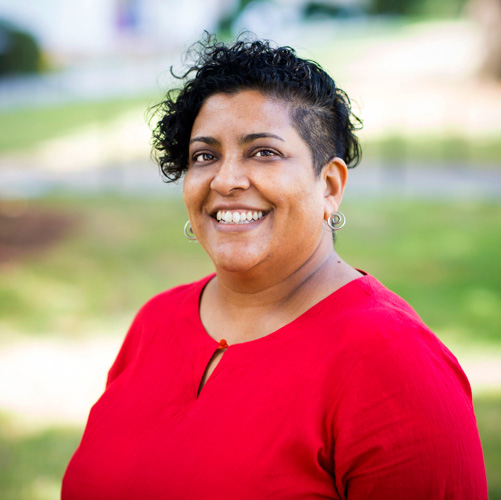
Cynthia Willett, Philosophy
We began this project [Uproarious] hoping to reach out to a larger audience across academic disciplines and to general interest readers. Our prose strives to be free of jargon as the book addresses a topic of heightened relevance at a time when a Twitter joke can shift the political climate overnight. But it is TOME that makes the hope of an extended reach a more likely reality. Just as our claims are driven by popular culture, we think TOME helps us engage in global conversations. In an era with the fortunes of academics and educational institutions caught up in growing social inequality, we also hope that TOME allows our research to be more accessible not only to students at elite institutions but also to those who lack resources yet often drive the conversations on trending fields like humor.
